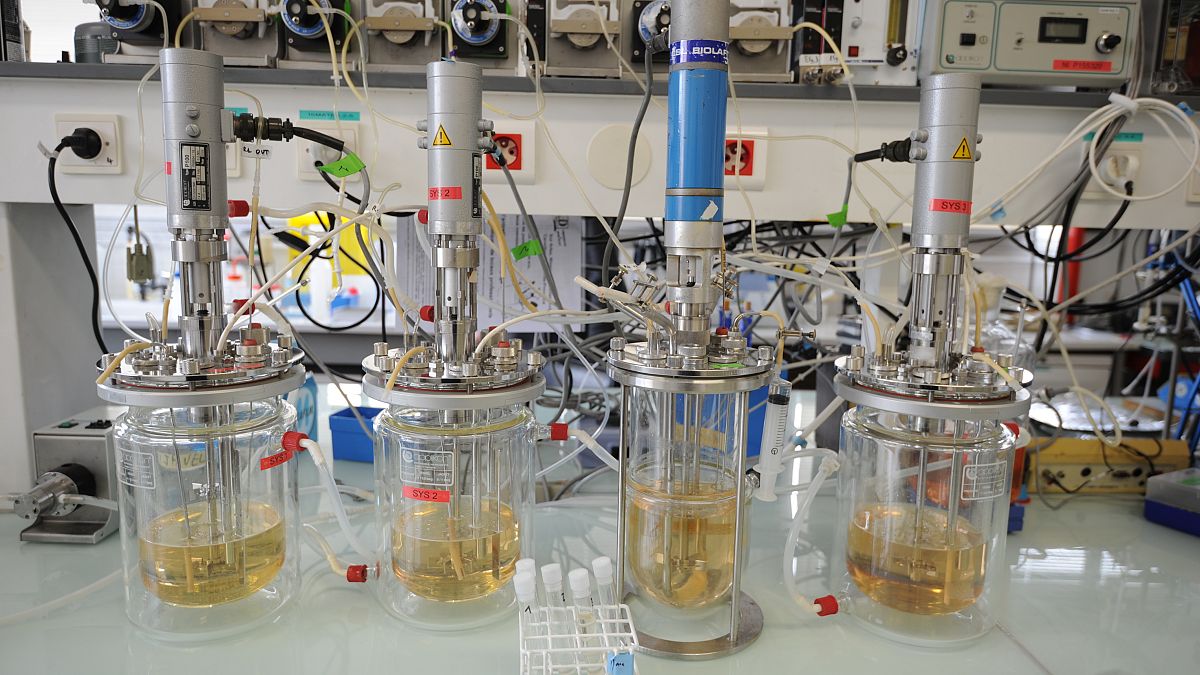EU leaders have slashed the Horizon 2020 funding destined for research and innovation — a decision deemed short-sighted by researchers for the future productivity and creativity of Europe.
European research is one of the main victims of the EU's recovery plan.
With a budget of almost €81 billion, the Horizon Europe programme has seen a big cut — the European Commission's original proposal would have added €13 billion more to the pot.
For researchers in Europe, who have benefitted from previous funding rounds, it comes as a shock.
"All in all if I look back, this covers more than a decade for me of funds that I got through Europe," says Conny Aerts, astrophysicist and professor at KU Leuven university.
"There would be no other way for me to do that research if I didn't have these funds," she adds.
The future of Conny Aerts' team is also under threat. She works with around 20 people, half of whom are paid by the European Research Council.
"I am currently working on starquakes, this is the analogy of earthquakes if you like. And this is the only way for us to understand the inner workings of stars so we do this by a combination detailed mathematical modelling, with artificial intelligence codes, with chemistry, with nuclear physics all together so it's a very transdisciplinary scientific topic," explains Aerts.
The cuts could translate into a decrease in the number of inventions and patents and in turn fewer new businesses.
The goals of European Commission President Ursula von der Leyen have also been cast into doubt with the projected cuts.
"The two main goals of her term, of her Commission: climate change and digitalisation, both of them are significantly based, success-wise, on enormous progress to be made research and innovation-wise," says Prof Kurt Deketelaere, Secretary-General of the League of European Research Universities (LERU).
He adds that when it comes to renewable energy and the digital world, Europe will need massive investment in research and innovation to come up with with the products, processes and companies that will "guide us to this CO2-free world."
The sector is asking leaders to assess the consequences of these cuts for universities. Dutch establishments could lose €100 million and in Flanders, the cost could rise to €130 million. For researchers, the decision to cut funds was a short-sighted one.
"Sometimes I get the question: what is your product, what are you delivering? Well, I do blue sky curiosity-driven research and my answer to that is: my deliverable is curious students. Because that is critical. They are the innovators of the next half-century. So cutting our budgets right now is cutting into these young people's minds," explains Aerts.
